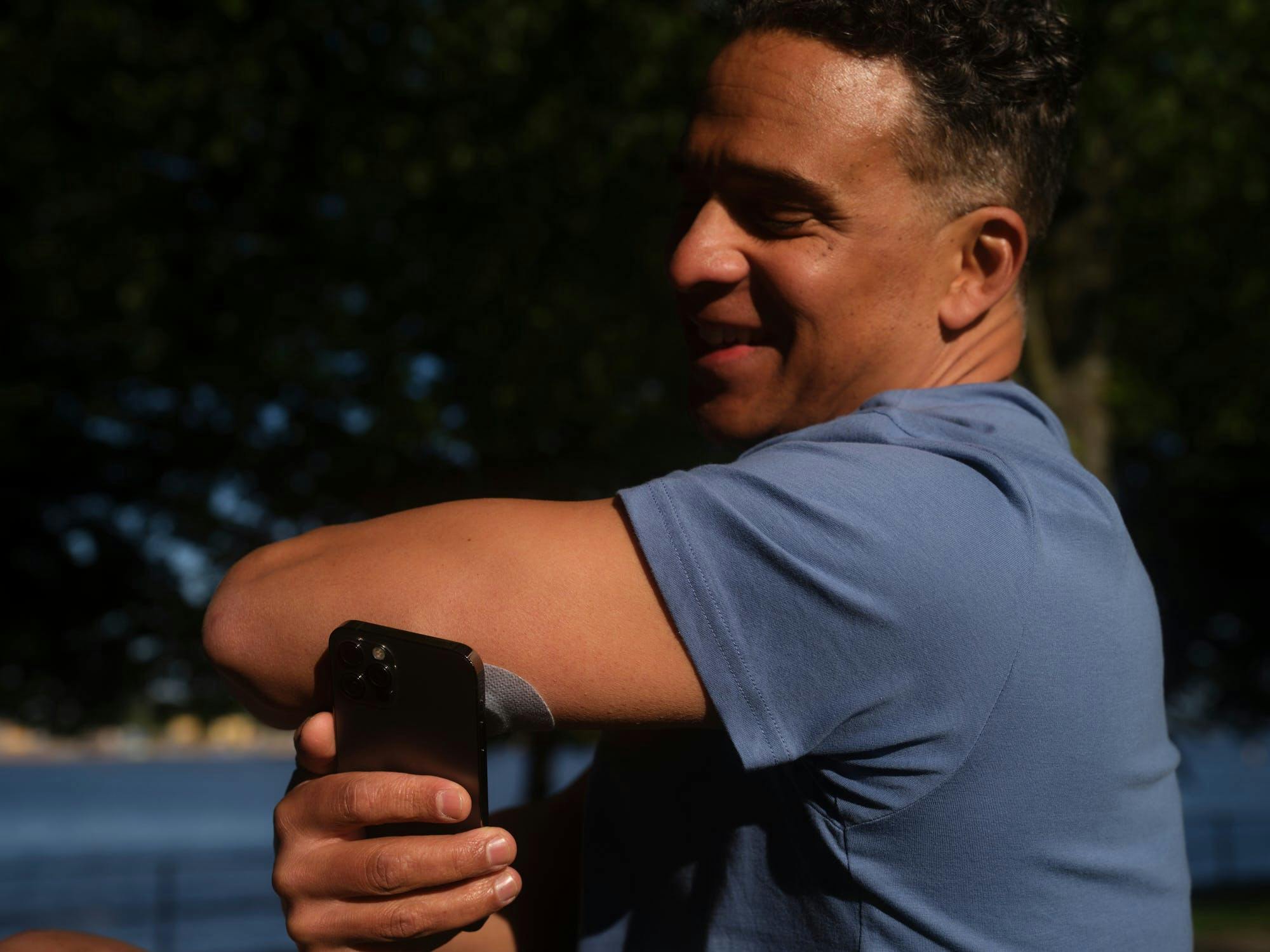“Quitter’s Day.”
“Ditch Your Resolution Day.”
You’ve probably read articles like this and this that discuss “Quitter’s Day” or “Ditch Your Resolution Day,” days in January that have been deemed the time when most people start to give up on their New Year’s resolutions [1, 2].
What is Quitter's Day?
The buzz seems to have started when, in 2019, social fitness app Strava analyzed millions of member data points and found that most people quit their resolutions between the 2nd and 3rd week of January [3-5].
That said, this obsession with sticking to New Year’s resolutions isn’t new, and the results are well-studied [6, 7]. The data aren’t good — with many people quitting before the end of January.
But what if the narrative is the problem?
What if instead of obsessing over sticking to our resolutions and getting discouraged when we get off track, we came up with a new narrative?
It turns out this isn’t just wishful thinking. It’s supported by research.
Why we're cancelling Quitter’s Day
Think of the last time you tried to learn something new, like how to cook a new dish, rock climb, do long division, or make pottery.
Habits are the same way. We expect that we can just start our jogging routine and do it for the rest of our lives, but research suggests that practice, confidence-building, and giving ourselves room for failure are actually key to building and maintaining those habits in the long run.
Plan to fail
Yes, you read that right.
Research suggests that planning for setbacks and the specific mentality around setbacks can help you stick to your habits in the long term.
A 2021 study separated participants with a goal of eating healthier into 2 groups: one group was primed to consider external factors (like friends, work, and travel) that might disrupt their routine [8]. Upon encountering a setback, this same group was also instructed to reflect on external factors that caused this and to remind themselves that they would continue to keep trying regardless of the setback.
The results found that the group that accounted for possible failures, reflected on causes of habit disruption, and abstained from blaming themselves personally when they experienced a setback were more likely to stick to their new goals.
Shift your thinking, plan for failure, and ditch the all-or-nothing mindset.
Build confidence
When you’re learning a new skill, it takes a while for you to feel confident in your abilities to do that skill well. The same is true with habits, though the terminology is a bit different. Experts of habit formation often refer to self-efficacy, or our positive belief that we have the capacity to do the necessary behaviors to achieve our goals [9].
Simply put: we need to develop confidence in our abilities to start cooking meals at home, for example, or learning new exercises to build strength, or whatever our goals may be.
Self-efficacy has long been understood to be a crucial component of building habits and creating meaningful, lasting health behavior change [10, 11].
While there are a number of things that can help improve your self-efficacy, repetition of habit and mindset shifts (like knowing you’re capable even if you fail a time or two) are important contributors to boosting confidence, skill, and adherence to habit.
How to keep your healthy habits going
In addition to the mindsets above, here are some research-backed strategies to help your habits stick:
- Share your goals. Studies suggest that sharing your goals of forming new habits with someone you admire increases your odds of following through with these goals [12]. Even better — invite someone to join you in your new healthy habit for accountability.
- Anchor it. Research suggests that repeating a new habit alongside a cue or specific context — like doing 10 sit ups before each meal, or going for a walk each night after dinner — may be helpful for making it stick [13].
- Use context cues. A systematic review from 2018 found that environment, or context, was a powerful component of habit formation, and people who executed a new habit in a context that supports the habit were more likely to succeed [14]. For example, if you’re trying to start meditating each day, don’t just do it in your bed when you wake up. Set up a little meditation area that’s got some calming cues (think: fresh air, pillows, maybe a candle) and always practice your meditation there.
- Bundle your habits. One study bundled gym training (the new habit) with audiobook listening (reward) — the catch being participants could only access these audiobooks in the gym [15]. The result was that participants with access to audiobooks were 51% more likely to work out. Try this with your own goals by bundling something you love with your new habit — you’ll be more likely to stick to your goal and associate it with good feelings.
- Schedule those habits, and check the box when they’re complete. Scheduling your habits in your calendar or on your daily to-do list is a great way to reinforce the habit and remind yourself to complete it just like you would a daily task. One study that gave participants a list for healthy eating and a checklist for monitoring their own healthy eating behaviors found that compared to the control condition, participants who had a checklist to self-monitor their behaviors lost significantly more weight, with over half of them losing 5% of their bodyweight. The takeaway: add those new habits to your list and check them off!
Final thoughts
Instead of fearing setbacks and having an “all-or-nothing” approach to habits, let’s embrace failure and even expect it. By doing so, you can build resilience for when setbacks do occur and keep making progress.
By planning to fail and having a confident mindset, we can turn “Quitters Day” into “New Day.”
References:
- https://www.runnersworld.com/uk/training/a776013/today-is-the-day-youre-most-likely-to-let-your-new-year-fitness-goals-slip/
- https://news.yahoo.com/quitter-day-does-place-102447999.html
- https://www.womensrunning.com/culture/dont-let-quitters-day-take-you-down/
- https://www.strava.com/
- https://endurance.biz/2020/industry-news/january-19th-2020-dubbed-quitters-day-by-strava/
- https://www.sciencedirect.com/science/article/abs/pii/0306460389900506
- https://www.mdpi.com/1660-4601/18/6/3084
- https://iaap-journals.onlinelibrary.wiley.com/doi/10.1111/aphw.12302
- https://www.sciencedirect.com/science/article/abs/pii/000579678590172X
- https://sci-hub.se/https://doi.org/10.1177/109019818601300108
- https://sci-hub.se/https://doi.org/10.1037/hea0000387
- https://pubmed.ncbi.nlm.nih.gov/31414830/
- https://www.ncbi.nlm.nih.gov/pmc/articles/PMC3505409
- https://www.sciencedirect.com/science/article/pii/S2352154617301602
- https://www.ncbi.nlm.nih.gov/pmc/articles/PMC4381662/
- https://pubmed.ncbi.nlm.nih.gov/18071344/


